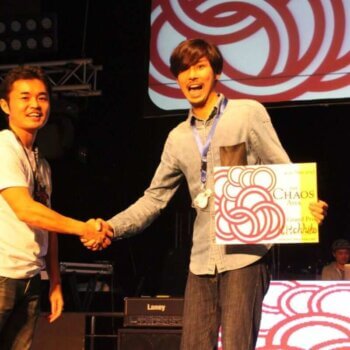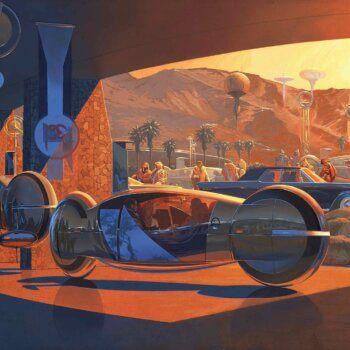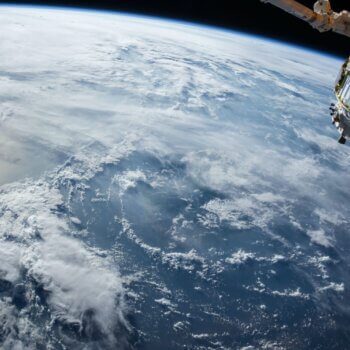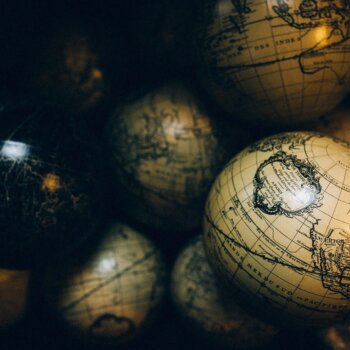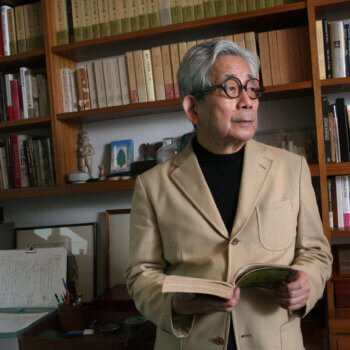Among the greatest mysteries of the universe — dark matter and God, singularities and the beginning of time — there is the question of free will. It is an essential aspect of the human experience, this needing to have control over one’s own destiny and this feeling that all our decisions do matter. Free will contributes to the idea that the future is as yet unwritten and there is still room to create whatever world we want for ourselves. There have been philosophical debates and there have been neurological debates over whether or not we can make conscious decisions.
Perhaps the most famous neurological experiment was that of Benjamin Libet: participants were asked to press a button and, using a timer, make note of when they first made the conscious decision to move. Electrodes attached to their heads would meanwhile monitor the participant’s brain activity. Results showed that unconscious brain activity made the decision to press the button about half a second before the conscious decision was made, meaning that our brains make choices which we later tell ourselves were conscious and deliberate. Though the experiment is controversial, it is also widely-cited and often used as evidence against free will.
However, there is something even more fundamental than biology. There is something even more fundamental than our philosophical debates. It is nature itself, and the laws which govern it. We could not have philosophy without first biology, and we could not have either without the particular physics of our universe. Do the laws of our world even allow for something like free will to exist?
There are just two answers given to us by physics. Neither will be easy to accept.
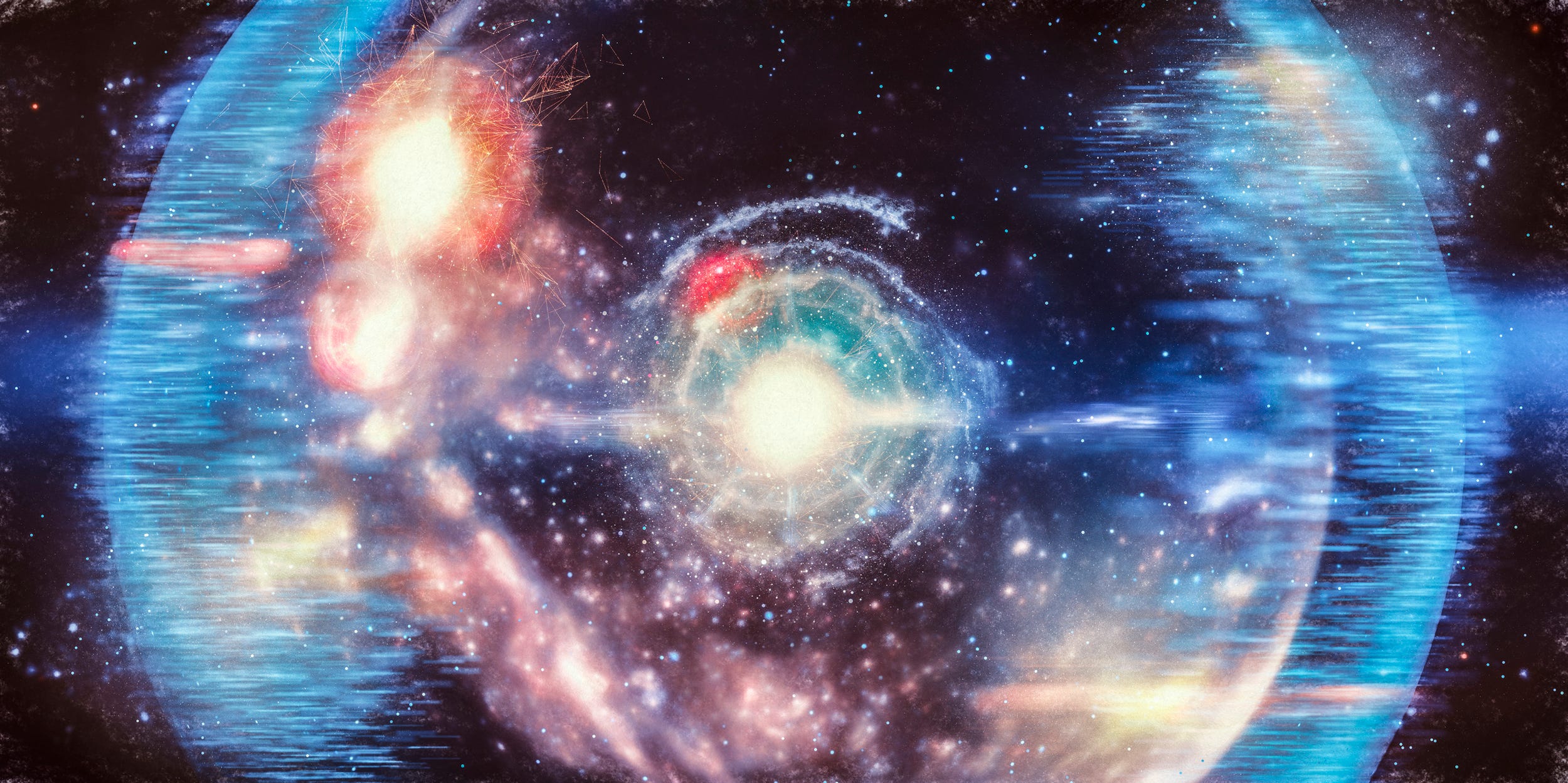
There are two answers because there are two main pillars of physics: relativity and quantum mechanics. The ultimate goal is, of course, to reconcile the two but nonetheless both theories have been highly successful and reliable for understanding our world. So what does Einstein’s relativity teach us about the universe? It teaches us that it is deterministic and can be described using differential equations. Events in our world are caused by prior actions. Knowing the initial conditions of a system allows you to predict how that system will evolve. That is, knowing about the geometry of space and its rate of change will allow you to know how spacetime will unfold over the years. As it is described in Newtonian mechanics, you can calculate the state of a physical system for any future moment so long as you know the initial conditions.
There will always be factors we don’t take into account, or the so-called “chaos” of the world. It’s the reason we don’t always know an asteroid is headed towards Earth until it’s near enough to cast a shadow on our planet. But chaos remains deterministic. It only makes it more difficult for us to form predictions about what will happen. Some scientists argue that this chaos is the place where we can find something resembling free will. The chaos of the world makes it impossible for us to predict future events and so to us our choices feel valuable and powerful, even if this notion of free will is illusory.
In reality we are made of particles and this means the future of all those particles was already described at the moment of the Big Bang. All particles — and consequently all of us — are following a path predetermined for us nearly 14 billion years ago.
It’s not all grim. Relativity gives us this picture of a block universe where the past, present, and future exist side-by-side and no one moment is any more real than any other. But if it is true that all these moments are eternal, then we may not have free will but all the best moments of our life exist eternally, preserved as slices of spacetime where we and our loved ones continue to exist despite what the reality of “now” might be.
In the block universe we all become timeless.

And what about the messy, unexpected world of the quantum where particles spontaneously pop into existence and just as mysteriously cross barriers through quantum tunneling? The quantum is the land of the surreal. At this subatomic level truly random events can occur and we cannot always predict when they will happen. The quantum description of the universe is therefor probabilistic and not deterministic. We can see this haze of uncertainty best in the famous Heisenberg Uncertainty Principle which tells us that we cannot simultaneously know the exact speed and position of a particle. And this inability to know both these values at once isn’t a flaw with our methods of measurement — it’s simply an uncertainty that’s been built into the universe. There is a limit to how much information we can know about a system.
But there is no room here for free will either. Quantum events are entirely random and are not at any point influenced by anything we want. We do not have control over them and there is no way to impose our will.

These are, ultimately, the two best pictures we have of the universe: in one all outcomes can be predicted given we have the necessary information. Our future has already been determined. In the other random phenomena lead to uncertainties regarding what particles will do. Neither of these leave room for that elusive thing we call free will.
There will always be philosophical or religious arguments against this view of the world. It can be said that science’s stance on free will is reductionist and that of course there is room for us to control the outcome of our lives, but this is simply not how the world is described by our laws of nature — not as we know them today. If there is such a thing as free will then it doesn’t extend to anything of actual value. You can control your choice for dinner or the breed of dog you’d like to keep but you can’t control genetic diseases or intellectual capabilities or your socioeconomic background at birth.
For some people it is important to hold onto the idea nonetheless. It makes their decisions feel important and it keeps their morality intact. There is nothing wrong with holding onto this belief. As it is sometimes cleverly put, “Of course you believe in free will. You have no choice.”



